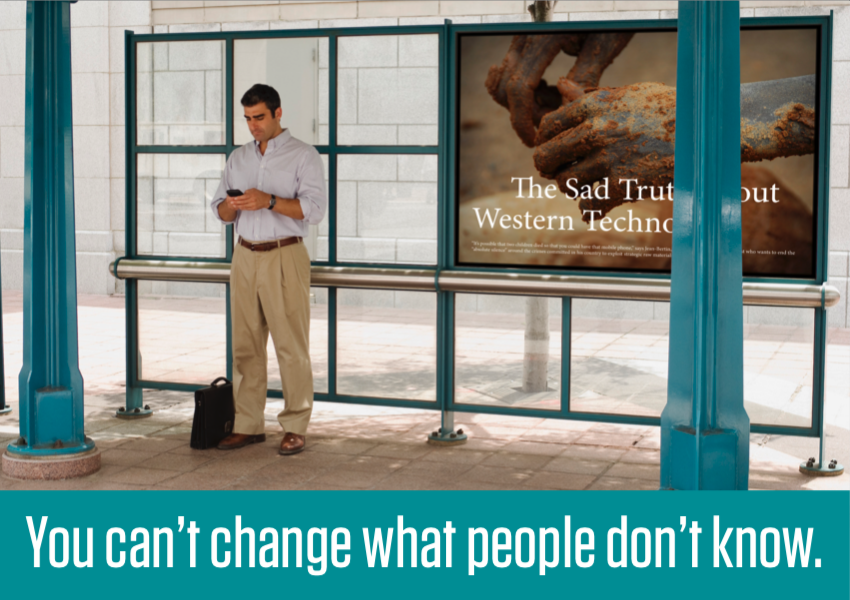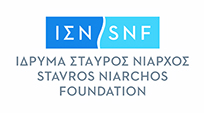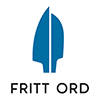
TRACKING IMPACT
We distinguish between the impact of our work on the world of journalism, and the direct impact of the investigations that we support. Either type is often not immediately visible and measurable. However, some investigations do lead to visible change, and our grant programmes have also led to increased capacity of investigative journalism in Europe significantly.
To map out the impact of projects that we supported, we ask grant recipients to report the impact of their story once it has been published.
Looking more in detail, impact of the projects that we supported can be divided into following categories:
Societal
- Audience engagement (social media and offline, e.g. protests after the Correctiv publication on the far right)
- Organic spread (reach, further publications in other media)
- Community engagement/action
- Transformation of cultural norms
- Advocacy and narrative change
- Social capital / strengthened networks / community building
- Shifting public attitudes
- Open a dialogue about a certain issue
Legal and institutional
- Legal action, opened cases, prosecution
- Parliamentary sessions and questions
- Changes of laws, bills and amendments
- Change of business operations/protocols
Professional
- Awards and prizes for investigations
- Used as a case in specialist literature
- Film festivals, conferences
- Other examples of the influence of reports on media organisations and networks of journalists
- Team collaboration (within news agency or a group of freelancers)
- Collaboration between media outlets, news agencies)
Individual
- People dismissed from their posts, or having taken disciplinary action against them
- A concrete case is resolved (e.g. a house spoken of in a story was rebuilt, an area was recultivated)
- Change in behaviour, individuals' actions
- Change in beliefs and perceptions
Like its donors, Journalismfund Europe wants the results of journalistic investigations to have a maximum reach and therefore create a greater chance of impact.
Journalismfund Europe helps to increase the reach of publications through the large network it has built during its more than 25 years of existence.
As far as the direct impact of Journalismfund's work on journalism is concerned, we always look at:
- Number of applications
- Quality of applications
- Number of supported projects
- Number of supported journalists
- Diversity of countries and backgrounds
- Number of junior/senior applicants
Overall, based on the surveys that our grantees fill in, we can confidently say that journalists gain valuable experience, as well as form cross-border networks and long-term partnerships that help them work on new stories in the future.
FULL JOURNALISTIC INDEPENDENCE
Securing independent media for a democratic society is the largest impact we strive to achieve overall.
Journalismfund Europe protects its grantees from possible influence by donors and otherwise. In this sense, it acts as a firewall that shield the independence of investigations.
Our work relies on two basic principles:
- A democratic society is one where citizens are informed thoroughly and to a high standard;
- Independent investigative journalism creates much more impact through its credibility and depth than on-demand journalism. If you want journalism with maximum impact, the donor is therefore best kept as far away as possible from the journalist. Otherwise there is a danger that the credibility of the journalist will be undermined, resulting in the opposite of what is intended, and weakening instead of strengthening the independent investigative journalist.
Therefore, we only cooperate with NGOs, governments and philanthropic organisations who share these principles.
Sustainable Development Goals
Journalismfund Europe prioritises topics that come primarily from journalists themselves, and not from the donors.
Nevertheless, Journalismfund is open to topics that the United Nations has established as the global Sustainable Development Agenda for 2030 (SDGs - Sustainable Development Goals). There are 17 objectives and 169 underlying targets. A donor who wants to help realise one or more of these objectives can approach Journalismfund Europe. The targets are broad enough (fighting poverty and famine, health, education, gender equality, sustainable management of water and energy, industry, innovation, etc.) so as not to jeopardise the independence of journalistic choices.
Citizens must be informed, this is an essential condition for a democratic society.
The first step in raising awareness about human rights violations, environmental and climate issues, organised crime and large-scale fraud is revealing them. And that’s exactly what journalists do: they dig, discover and expose. They tell their stories to inform the public, as well as to aid organisations and policy makers, who can then do what they each do best to fight those abuses.
Journalismfund Europe supports journalists in doing this job by giving them the resources they need to do their research, by providing networking opportunities, by sharing knowledge and by building their capacity. The necessary distance between the donor and the journalist is what Journalismfund Europe provides. Only on the day of publication will the donors know which projects the jury members had approved. That is the raison d’être and the core identity of Journalismfund Europe: we facilitate independent investigative journalism as an intermediary between donors and journalists.









